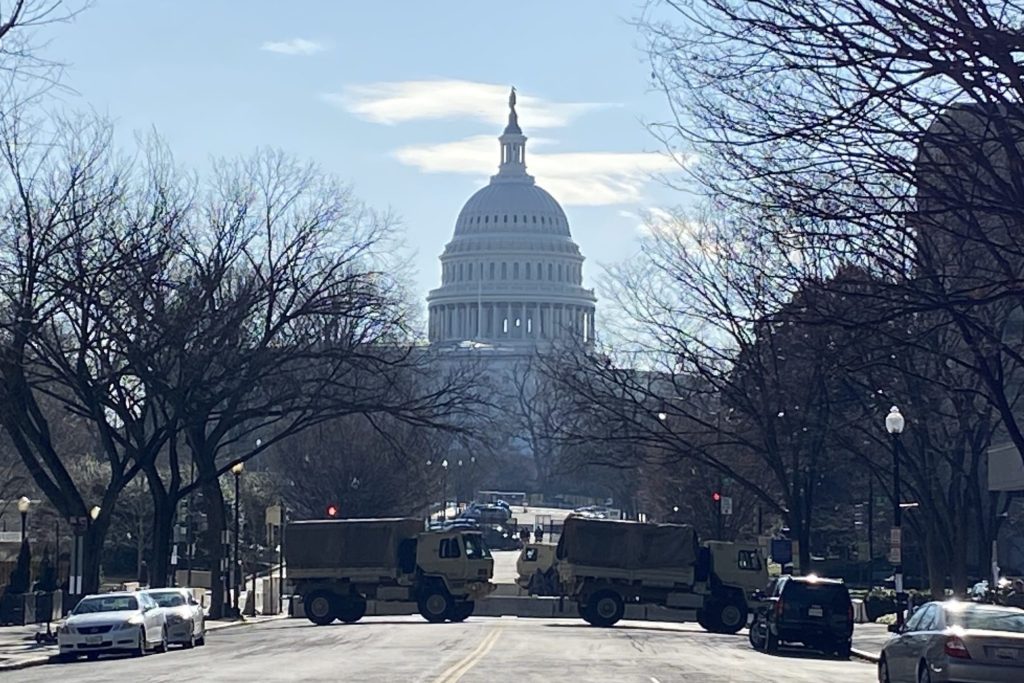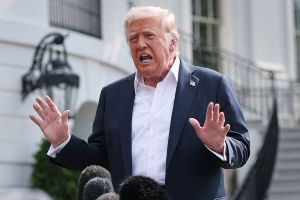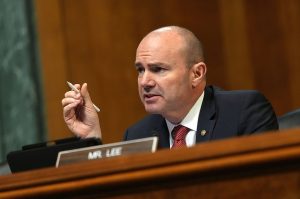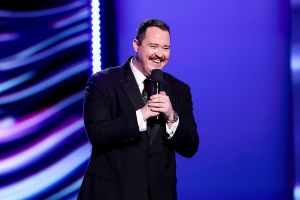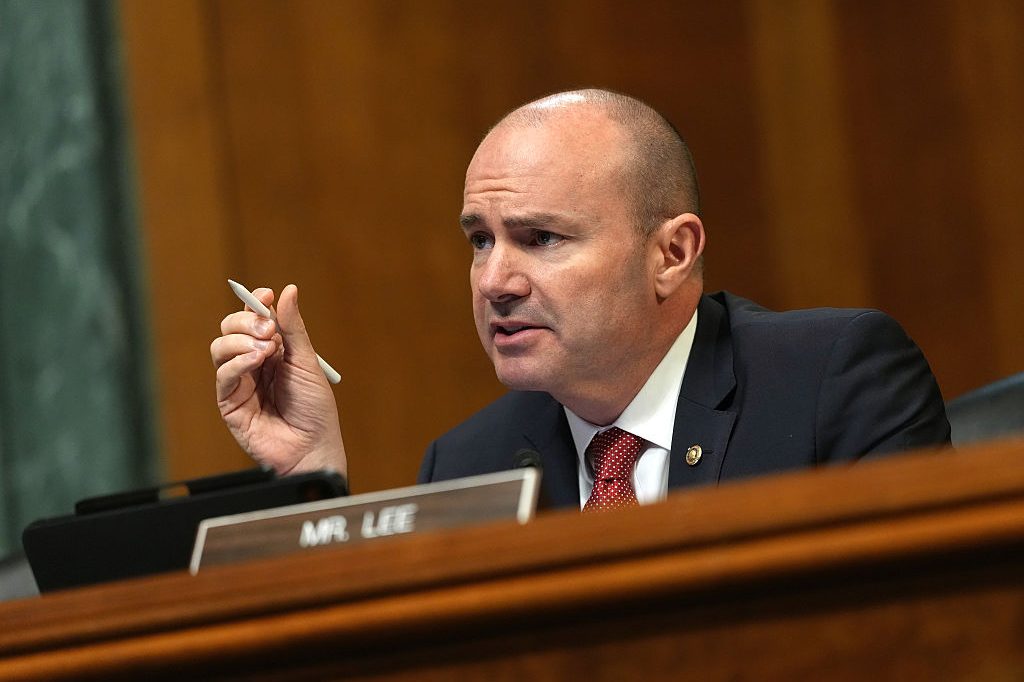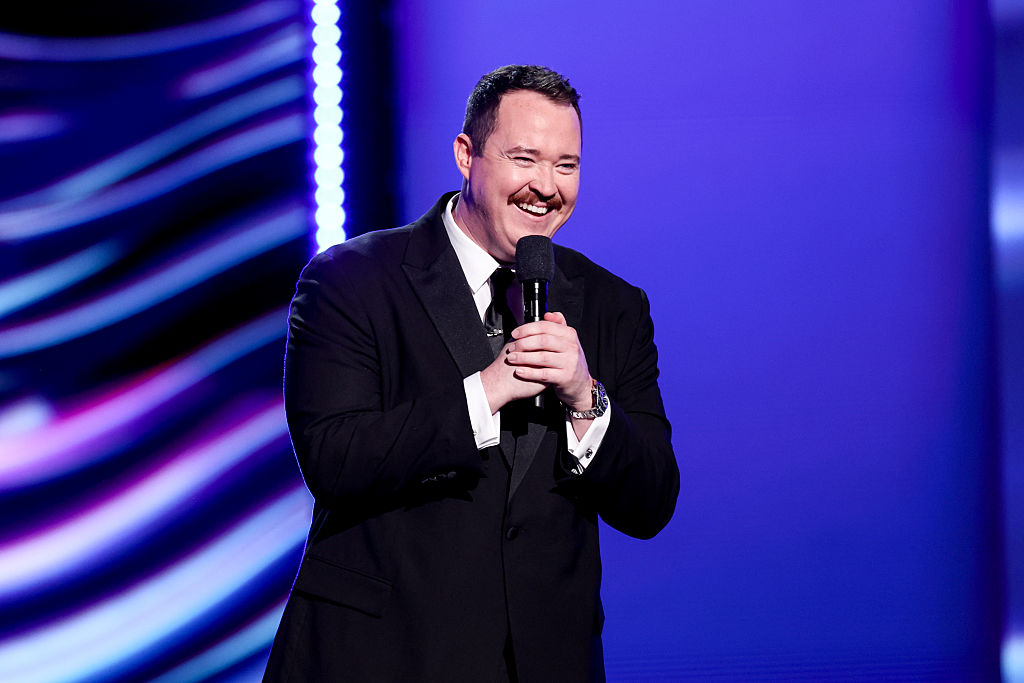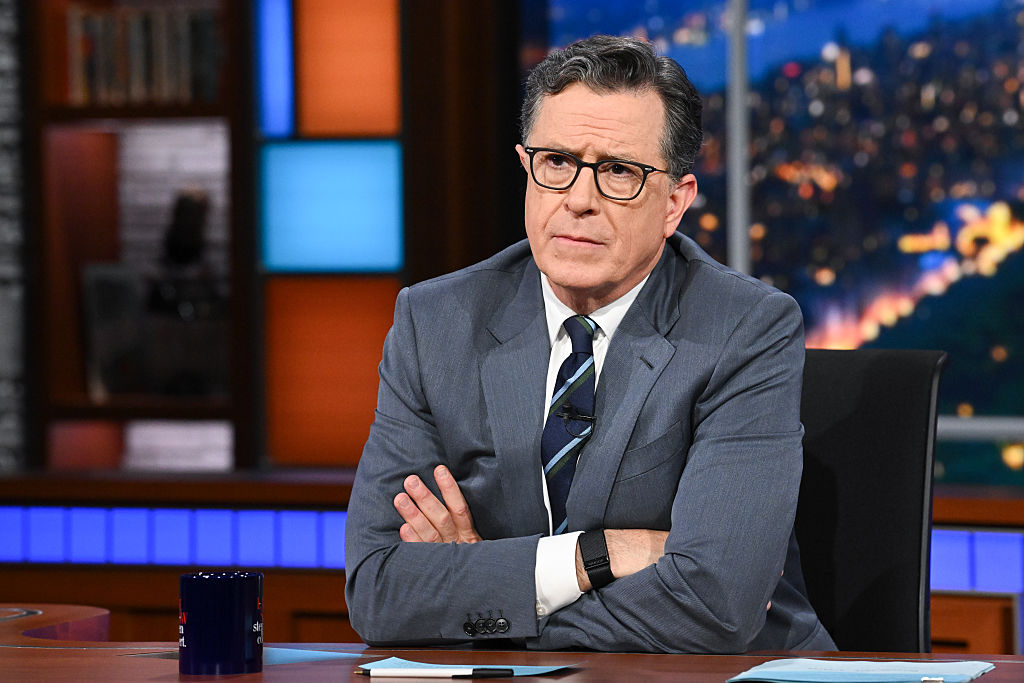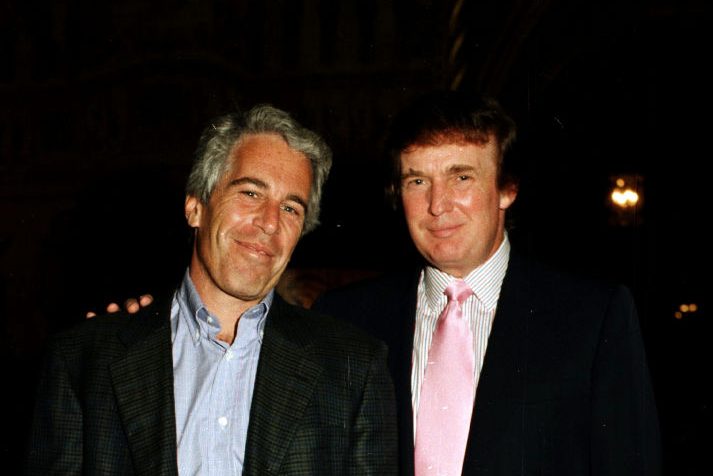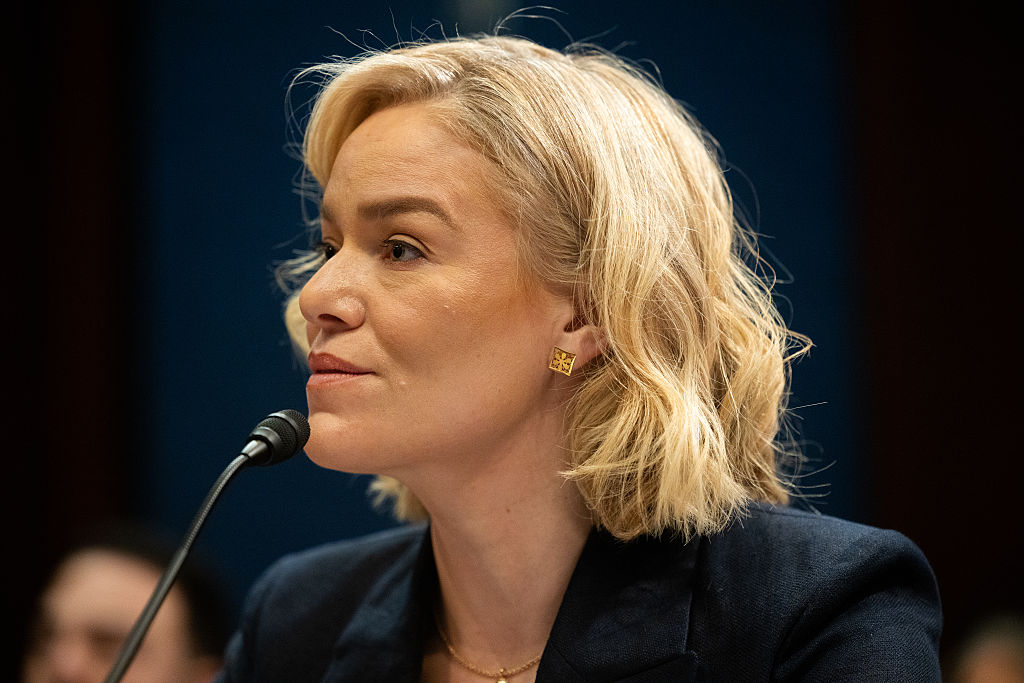In January of 2017, the news outlet I was working for at the time asked me to go to downtown DC and cover the protests during President Trump’s inauguration ceremony. #DisruptJ20, an activist group with ties to the violent left-wing group antifa, was planning ‘bold mobilization’ and ‘widespread civil resistance’ during the event. What I saw there was horrifying. Rioters dressed head-to-toe in black and wearing bandanas over their faces smashed storefronts, set fires, harassed and threatened Trump supporters and attacked police officers. I watched from about 10 yards away as one antifa member grabbed a metal pole off the ground and swung it at a cop, who responded by pepper-spraying the area. Over 200 people were arrested that day.
Yet the security put in place then was nothing compared to what DC has implemented for next week’s inauguration. In 2016, just five Metro stations were closed on Inauguration Day and major street closures did not occur until the day prior. Three thousand police officers and 5,000 members of the National Guard were brought in for extra security. Now, nearly a full week before Joe Biden’s inauguration, 13 Metro stations are closed, police have blocked much of the downtown area from traffic, and up to 21,000 National Guard troops have been authorized for Inauguration Day. The National Mall will be closed to all pedestrians. In an even more extreme measure, Gov. Ralph Northam of Virginia agreed to shut down four major bridges leading from his state into DC, starting the day before the inauguration.
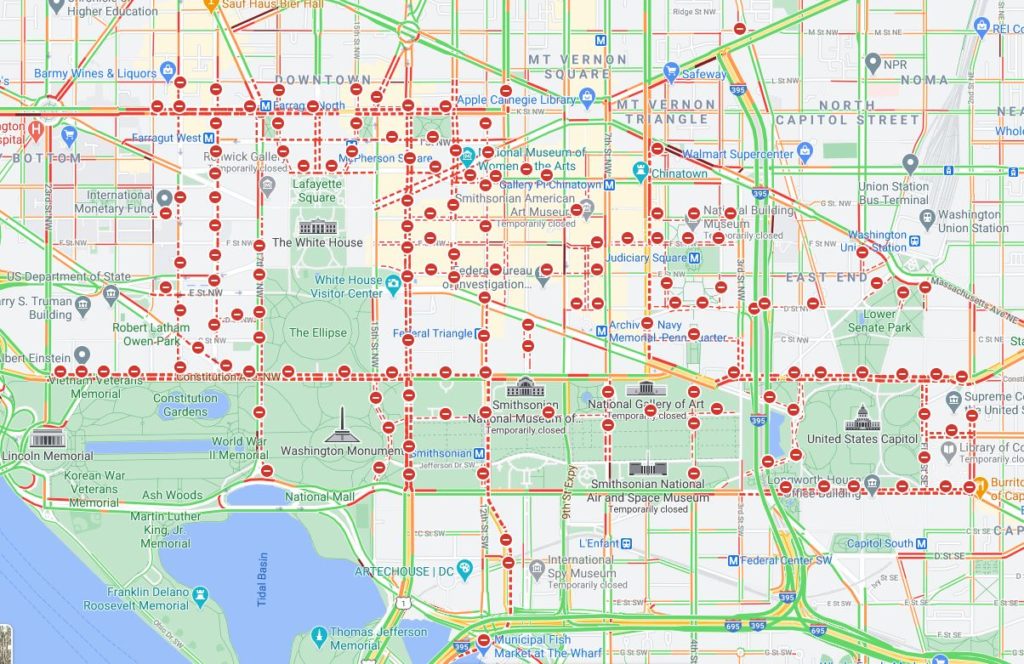
These security measures are a massive overreaction to the storming of the Capitol building last week by ‘Stop the Steal’ protesters. It would make sense to shut down areas of the city a day or two before the inauguration, but implementing a de facto police state a week out from the event only serves to massively inconvenience DC residents and businesses. It projects unnecessary fear to the rest of the country and the world.
I took an Uber from Arlington, Virginia to downtown DC on Thursday morning for a television interview, and was stopped at a military-esque checkpoint. When I told the police officer I needed to be in the area for work, he asked if I had my ‘papers’, a question that should immediately raise red flags for any student of history. In the green room later, a fellow guest later told me that the restrictions reminded him of going through Checkpoint Charlie, between East and West Berlin during the Cold War, when he had served in the military.
DC Mayor Muriel Bowser said on Wednesday that ‘individuals entering the perimeter may be subject to screening and asked to describe their essential business — so be prepared to do that.’
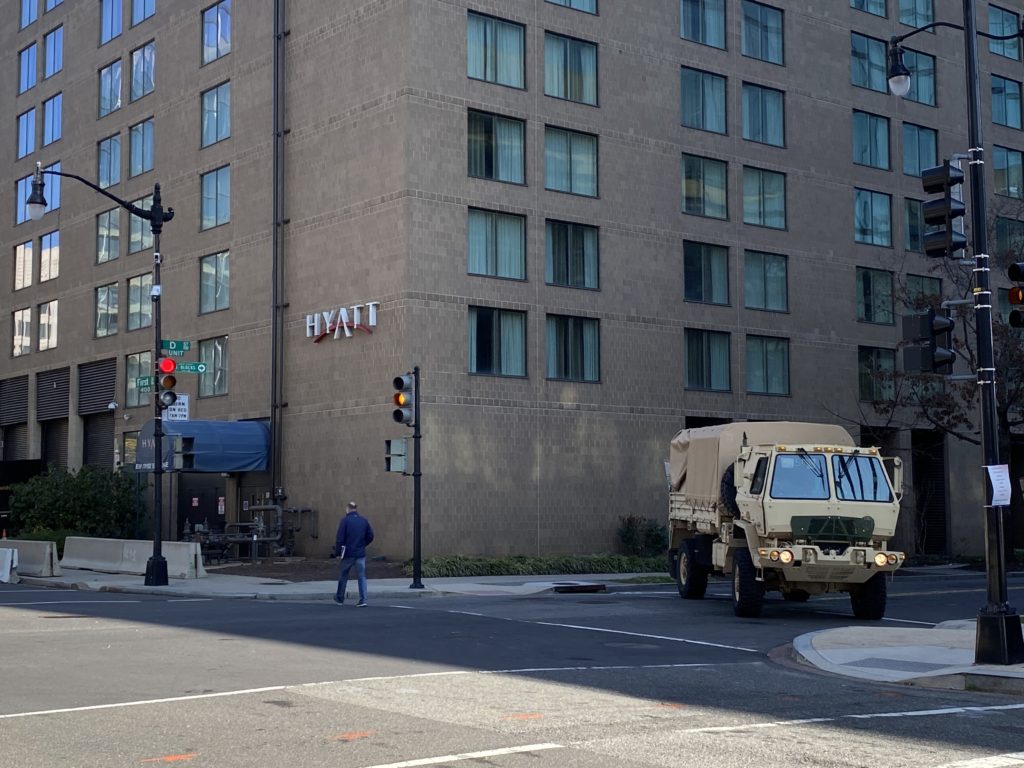
Trying to get back home was another nightmare. I walked aimlessly for blocks trying to figure out the best location from which to order another car. The Metro was out of the question, considering every stop in the area was shut down. DC buses sat idle on the side of the road, perhaps still figuring out how to recalibrate their normal routes around the nonsense. Roads leading up to Union Station were closed, preventing the possibility of snagging a taxi cab. It ended up taking me an hour just to get across the Potomac River.

DC locals are no strangers to occasional lockdowns for major events or official motorcades, but this is the worst I have seen in my eight years of living here. Perhaps what is most frustrating is that officials only started caring about the potential for violence and destruction after citizen anger was turned on the Democratic political elite. Only a few blocks around the White House were shut down to traffic over the summer when antifa and Black Lives Matter protesters burned a historic church and smashed and looted businesses. Local business owners had to take matters into their own hands by boarding up their storefronts. There was similarly a muted police presence downtown during the Republican National Convention, when GOP lawmakers and their families were chased and threatened by an aggressive left-wing mob.
Some of this is also certainly an overcorrection stemming from reports that the FBI was aware some individuals were traveling to the President’s rally in DC last week with the intention of committing violence. Bowser and other government officials are, of course, very sensitive to accusations that they were not tough enough on right-wing agitators. But let’s not forget that the city’s response to the ‘Summer of Love’ was not to shut down half the city, but to rename an entire block after the activist group responsible for the chaos.



